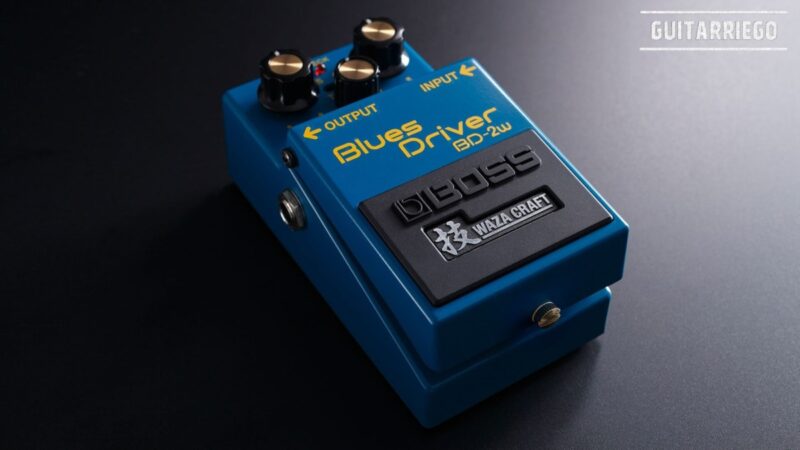Adequate power output of a guitar and bass amp

By Eric Jacobs (*)
The power output of guitar and bass amplifiers has historically increased to reach the entire audience. But that was at the time when there was no PA (Public Address) and the public heard the sound directly from our amplifier. That gave rise to equipment of more than 100 watts for electric guitar and bass.
Power output: Sometimes less is more
Currently, it is not needed so much power output since almost anywhere a sound system is used where everything is mixed to reach the public. This allows you to use amps with lower output and the possibility of getting harmonics sought in the power amp.

Due to the characteristics of the human ear, the bass equipment is required to be several times more powerful than the guitar equipment, since in general a clean sound is sought and in case of wanting to distort a pedal is used for that.
Today, amps of 50 watts of power output is sufficient for any situation, be it for a guitar or bass amplifier. Even for recording studios, less powerful equipment is preferably used, which allows maximum saturation without jeopardizing the sound pressure levels on the microphones and speakers.
Speaker cabinet: Fall of the Giants
The 4×12 “boxes are practically obsolete due to their cost, weight and size, but also due to their poor irradiation lobe, since they concentrate energy at a small angle. These boxes were born as a necessity because in those days the speakers were 25 watts and 4 were needed to reach 100 watts. Today guitar speakers are at least 50 watts and a 1×12 “cabinet would suffice.

However, 2×12 “cabinets achieve greater depth, giving more body to the sound. In addition, they can be combined with two speakers that complement each other to give a better response at all frequencies.
(*) The author is the renowned manufacturer of amplifiers, pedals and other products “Jake Amps”.
Related Articles: Top 9 tips to improve your tone with your amp and The use of guitar amp attenuator: debunking myths.
For more information and other tips, head over to Guitar Quarter.
You can share opinions or also chat about this and more with other musicians in our comments section.






